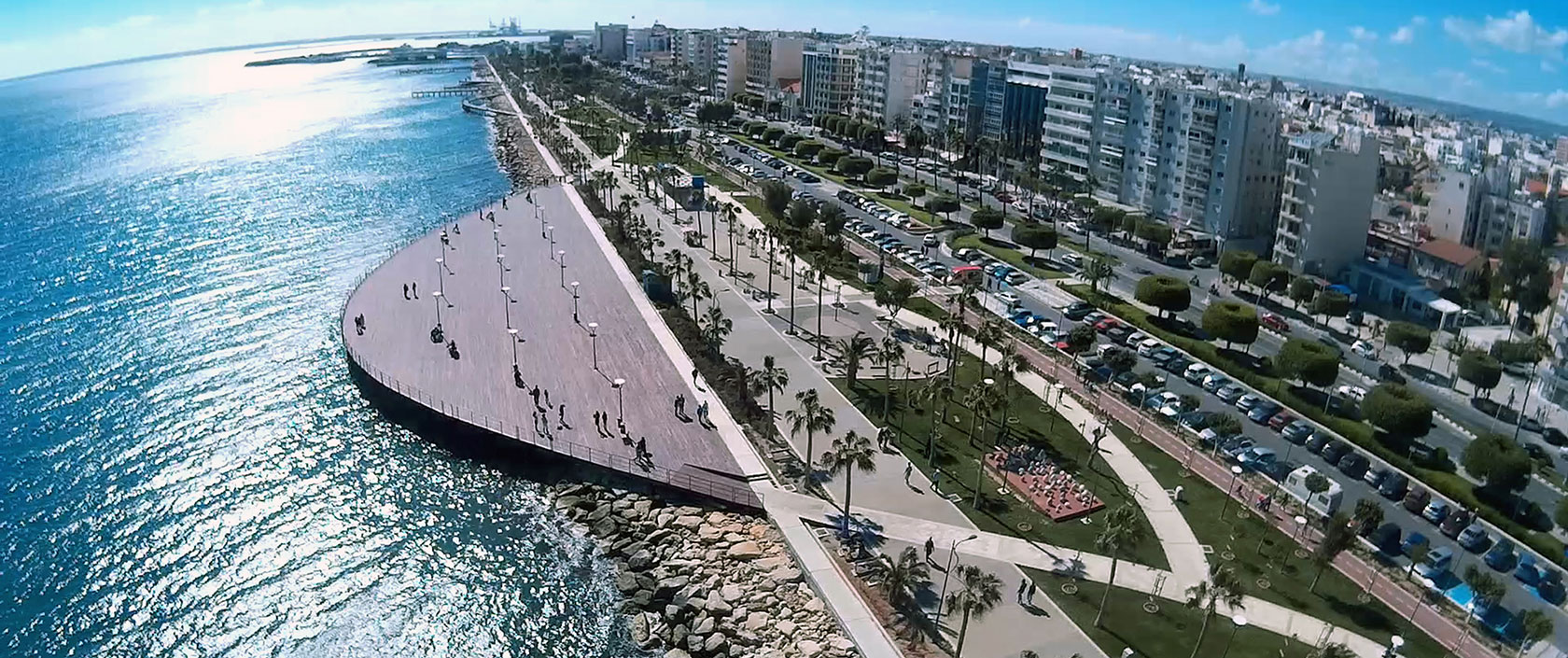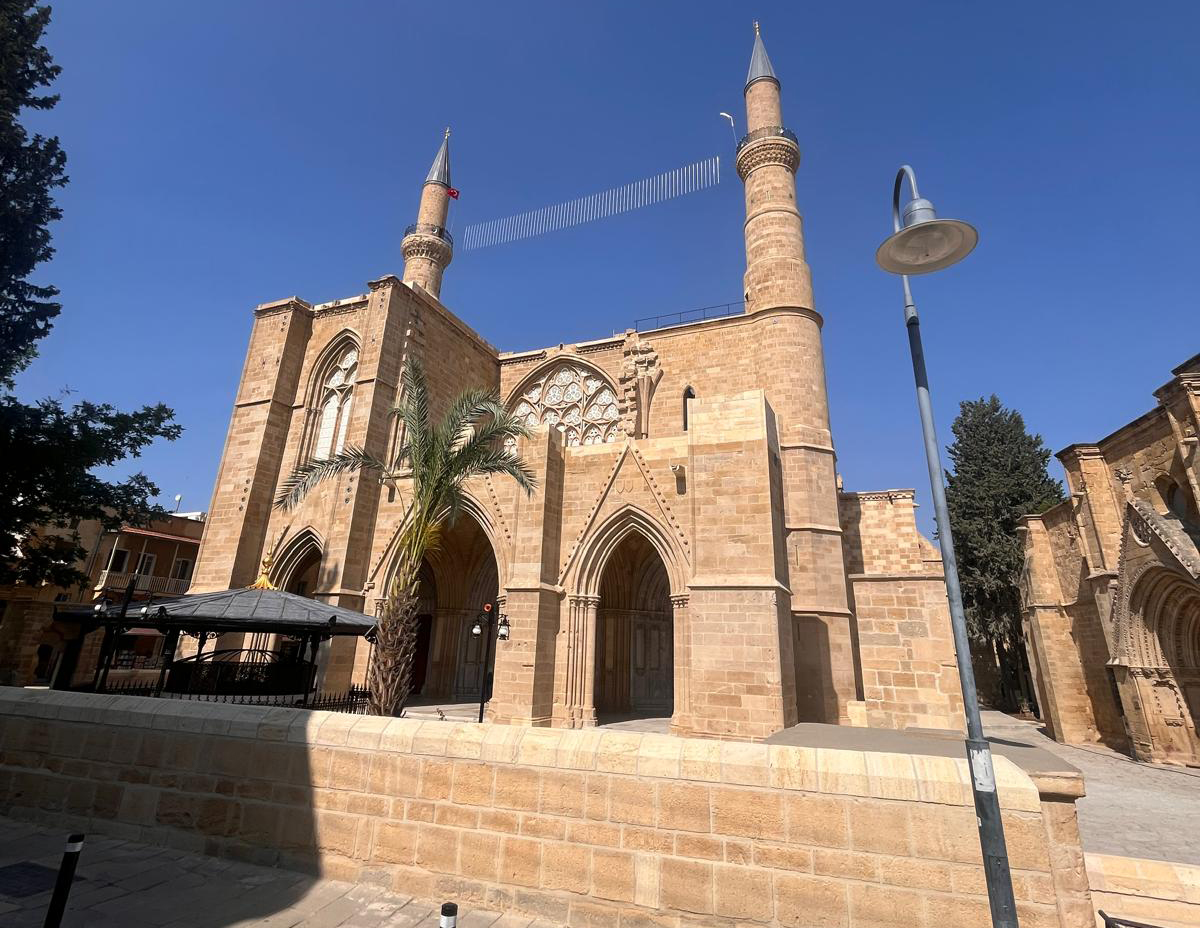The speed with which deputy minister of culture Vasiliki Kassianidou reacted to withdraw a book from the Cyprus stand at the 19th Architecture Biennale in Venice on Wednesday (and from the internet) because a Diko deputy took offence at its content was quite astonishing. Her alleged commitment to free speech and free artistic expression was completely forgotten as she gave orders for the removal of the publication from the Cyprus stand and issued an embarrassingly apologetic statement in support of state censorship.
Diko deputy Pavlos Mylonas, the president of the House education committee, was outraged by the ‘unacceptable’ content of the publication, which was written in the Cypriot dialect (also translated into English) and included references to the national issue that were out of line with the official narratives. He arranged a committee meeting, to which Kassianidou would be invited, to discuss the matter. In his justification for the meeting, he said the book was “rife with historical inaccuracies, which raises serious questions about the executive’s control of what is funded.” What was worse was the book was translated into English and circulating abroad “making the whole issue dangerous for our national cause,” said Mylonas.
Even President Nikos Christodoulides felt duty-bound to take a stand in favour of censorship, fully backing the withdrawal of the book with the “unacceptable references” by his deputy minister, content that she suppressed freedom of expression. Some of the offending references, which the writers claimed were taken out of context, spoke about “the war, which through its dramatic and violent brutality led to the forced exchange of populations and the displacement of the majority of Greek Cypriots from north to south and the majority of the Turkish Cypriots from south to north.” It also referred to the Turkish invasion as a “war clash.” It is an interpretation of events, which should be tolerated in a free society, especially a society that presents itself as a champion of human rights.
It was rather depressing that [none of Cyprus’ major established political parties] came to the defence of the book’s authors, all [except for Volt] tacitly supporting this act of state censorship. The approach is that on the national issue, there is only one state-approved narrative and all other interpretations of the events are inaccuracies, which according to Phileleftheros, “are judged dangerous for the diplomatic strategy of our country with regard to our national problem.” All the supporters of this crude state censorship agreed with this line of thought although nobody explained how the differently worded account of 1974 events would affect our diplomatic strategy or the danger it posed. When the state censors declare that something is a national threat we have to accept this unquestioningly, as is the case in authoritarian regimes.
“This is an act of state censorship,” the contributors to the book said on Friday. “The book (and the participation in international exhibitions such as the Biennale) must not have as its purpose the representing of the views of the Cypriot state and the deputy ministry,” they added. And they are absolutely right. Does the culture ministry of a democratic state only fund artistic work that embraces the official narrative of the national problem?
It was shocking to hear Kassianidou publicly support censorship of artistic expression and saying that the book was withdrawn because “this edition had never been given the approval of the deputy ministry and because it was discovered that it contained problematic references.” Surely the deputy minister of culture should be championing freedom of artistic expression instead of publicly apologising because a book at an art exhibition contained “problematic references,” and suggesting the book would have been banned if she had read it in advance.
When the media came across the ‘problematic references’, there were calls for Kassianidou’s resignation for allowing the book to be available at the Biennale, but the next day the president said there was no such issue. The deputy minister had done the right thing withdrawing the book from the Biennale. State censorship and removing books from circulation is the right thing in Cyprus of 2025. Thankfully, book-burning in Eleftheria Square has not yet been given the approval of the deputy ministry of culture.







Click here to change your cookie preferences